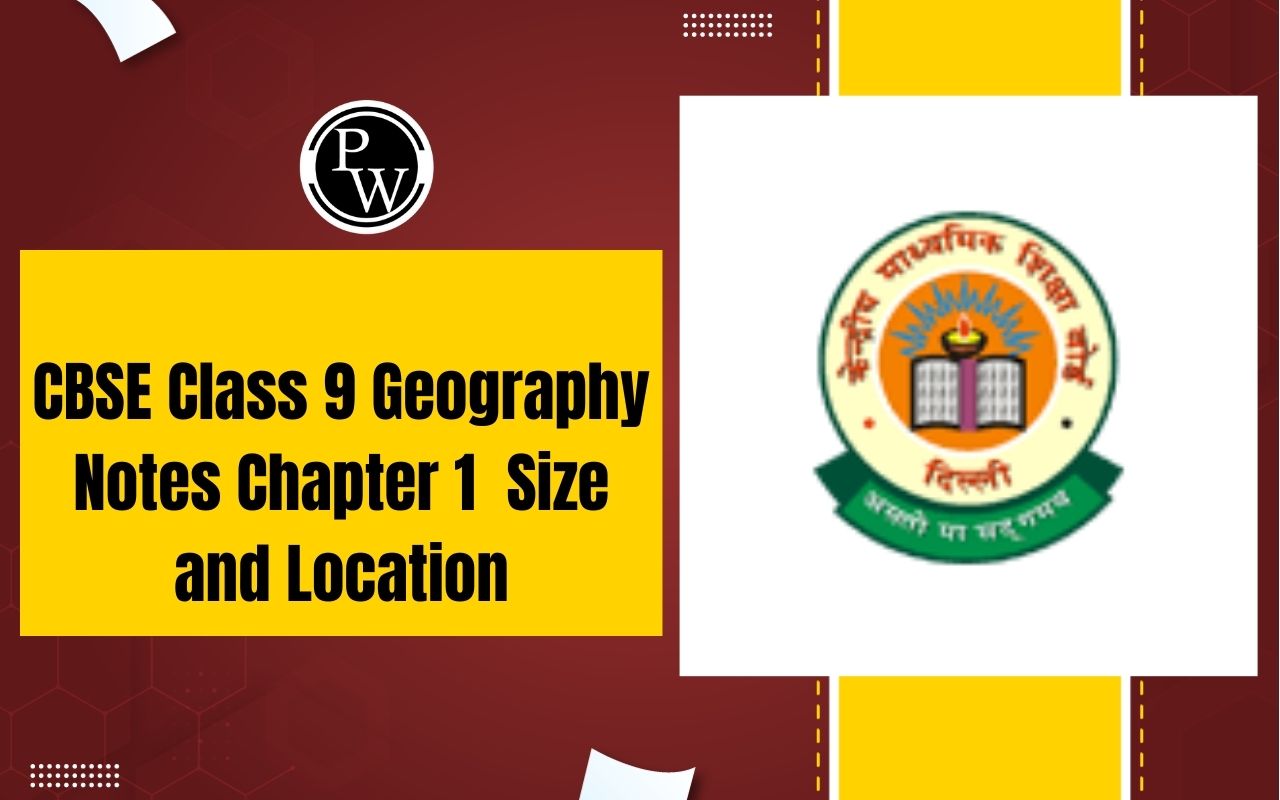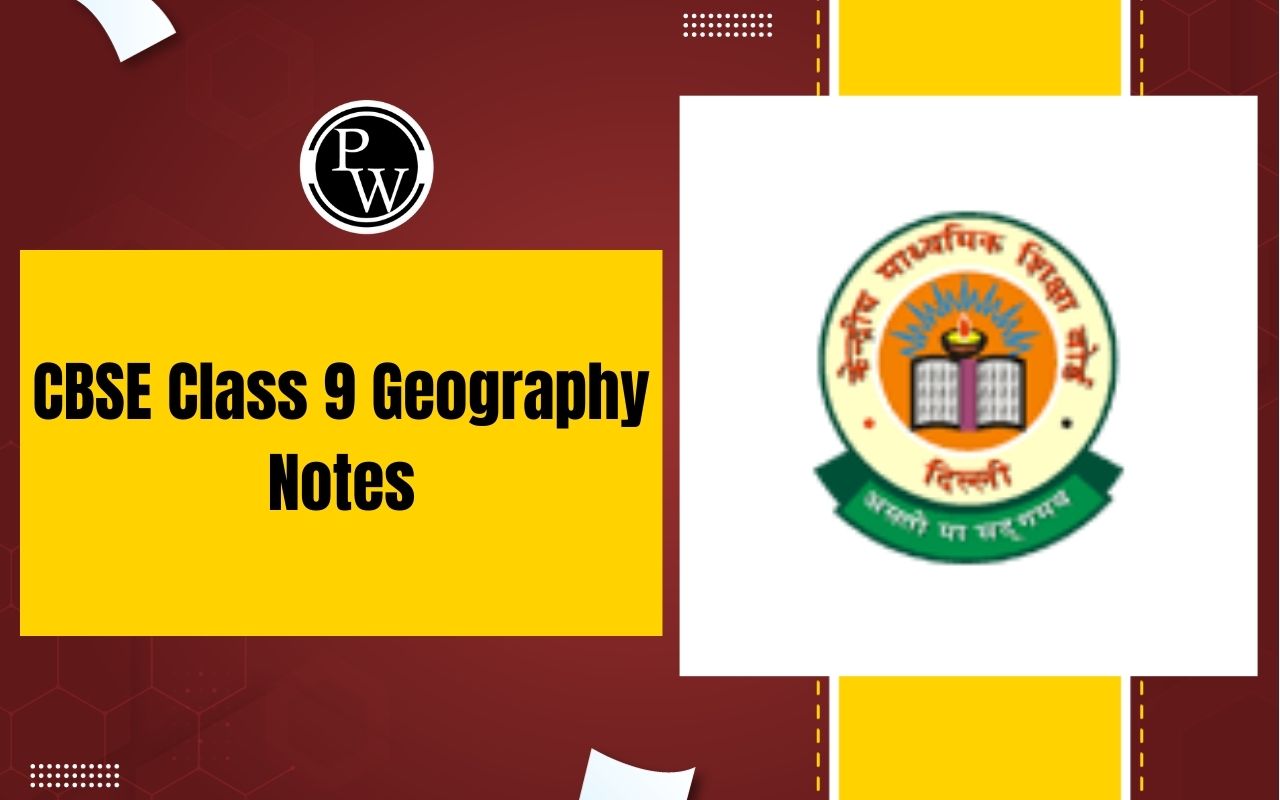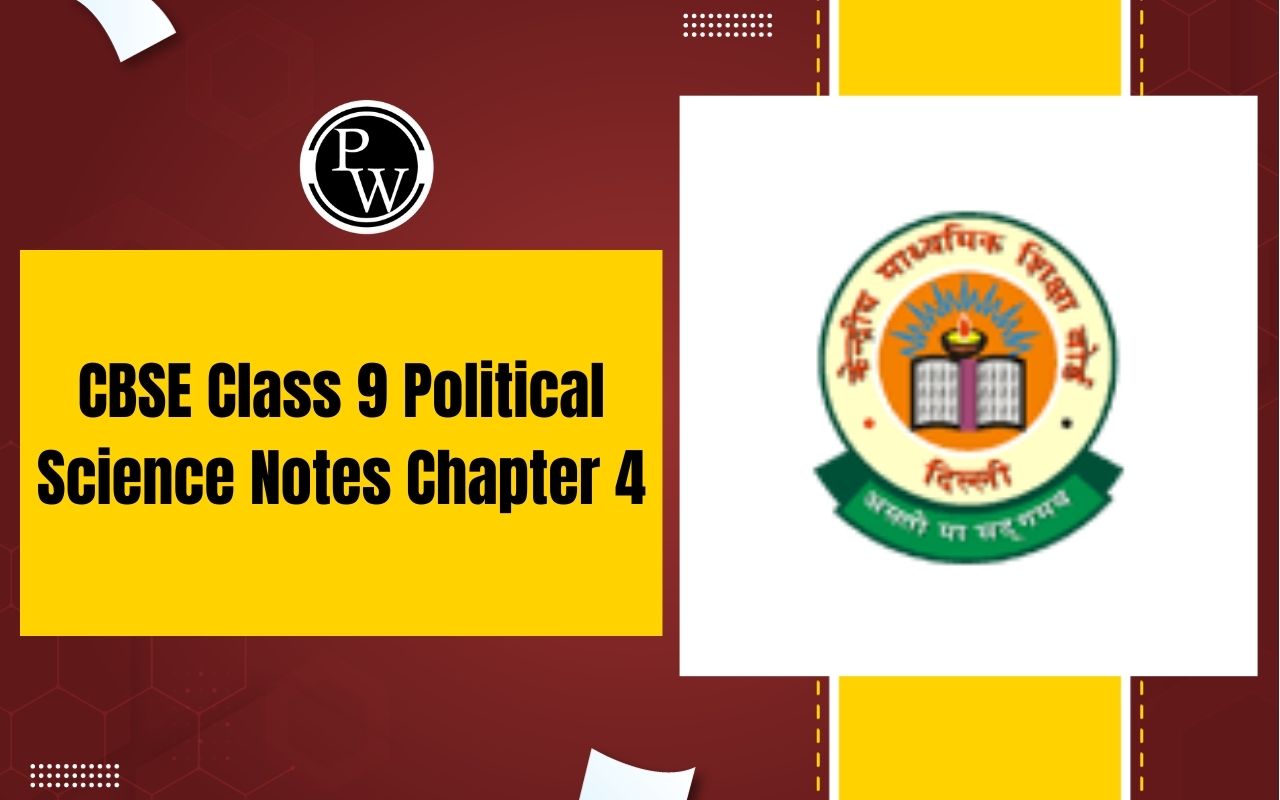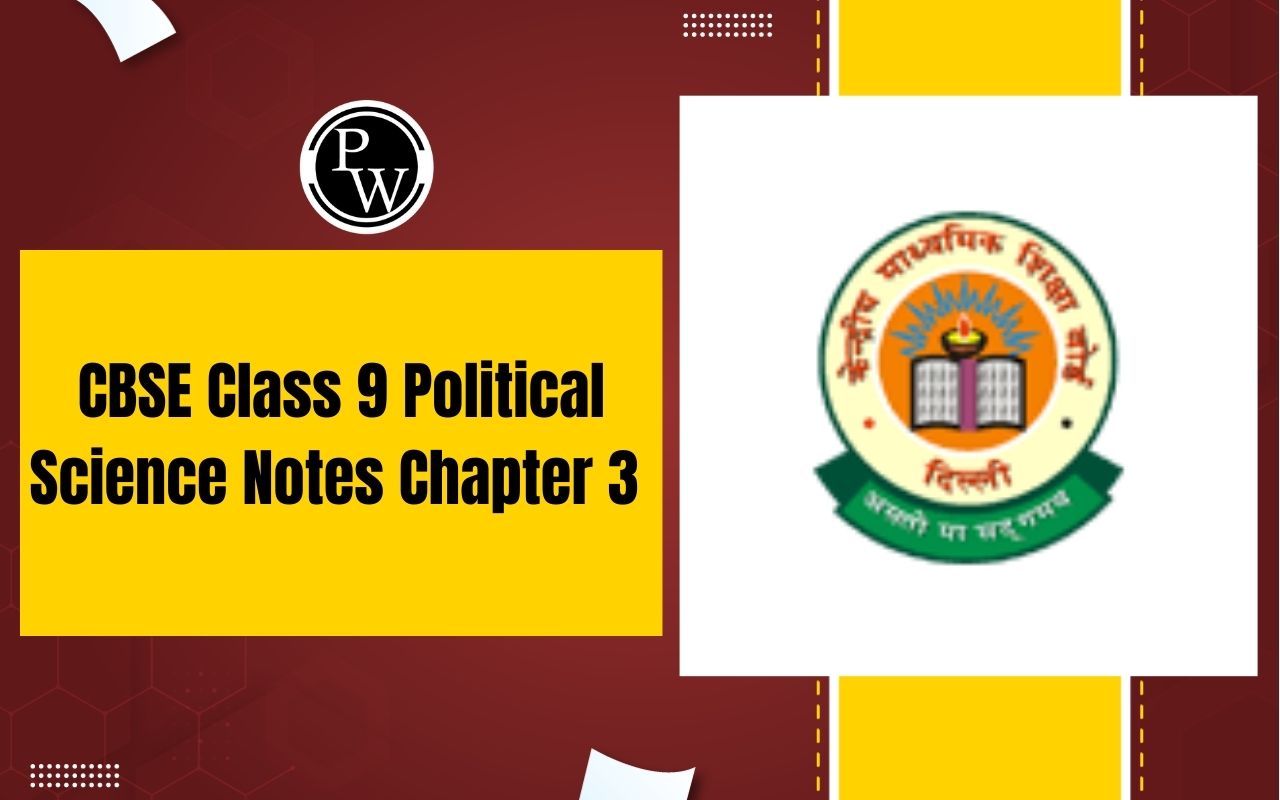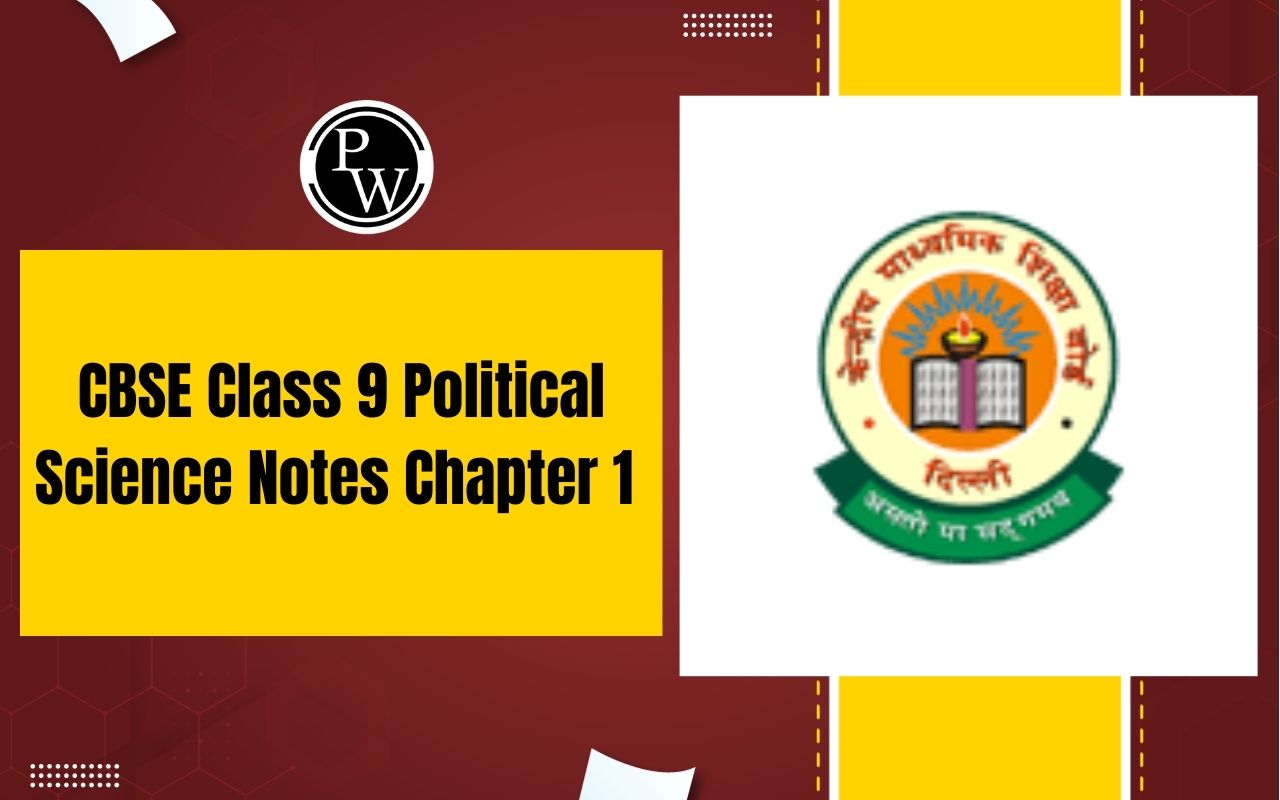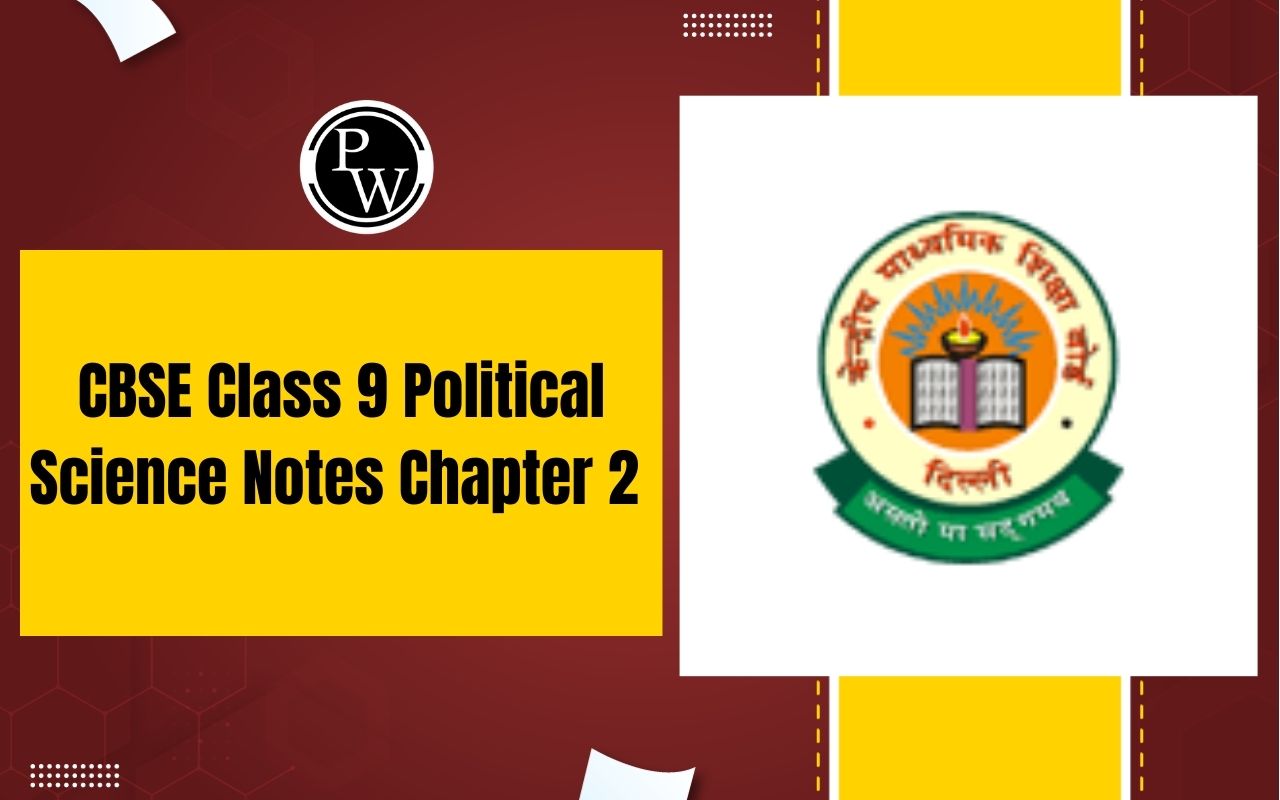
CBSE Important Questions for Class 9 Social Science History: Class 9 Social Science (SST) History focuses on significant historical events that shaped the modern world. The CBSE Class 9 History syllabus covers revolutions, colonialism, and the rise of ideologies that influenced global history. To prepare effectively for exams, students should understand key concepts, analyze historical changes, and practice important questions. This article provides a chapter-wise overview of the CBSE Class 9 History syllabus, helping students develop a deeper understanding of historical events.
Chapter-wise Overview of CBSE Class 9 History
CBSE Class 9 History covers significant events that shaped the modern world, focusing on revolutions, colonialism, and socio-economic changes. Below is a brief overview of each chapter to help students understand key concepts and historical developments.
1. The French Revolution
The French Revolution (1789) was a major event that led to the overthrow of the monarchy and the rise of democratic ideals. It introduced concepts such as liberty, equality, and fraternity, which influenced many countries. The chapter explores:
-
The causes of the revolution (social, economic, and political factors).
-
The role of philosophers in inspiring revolutionary ideas.
-
The events leading to the execution of Louis XVI.
-
The impact of the revolution on France and the world.
2. Socialism in Europe and the Russian Revolution
This chapter discusses the rise of socialism in Europe and how it influenced the Russian Revolution of 1917. The revolution led to the overthrow of the monarchy and the establishment of the Soviet Union. Key topics include:
-
Different ideologies of socialism and their leaders.
-
The role of industrialization in shaping social movements.
-
The fall of Tsar Nicholas II and the rise of communism.
-
Lenin’s leadership and the impact of the revolution on the world.
3. Nazism and the Rise of Hitler
The rise of Adolf Hitler and the Nazi Party in Germany after World War I led to a totalitarian regime that caused immense destruction, including the Holocaust. This chapter covers:
-
The political and economic crisis in Germany after World War I.
-
The rise of the Nazi ideology and propaganda.
-
Policies of racial discrimination and anti-Semitism.
-
The impact of World War II on Germany and the world.
4. Forest Society and Colonialism
This chapter examines how colonial powers exploited forests and natural resources, affecting indigenous communities and traditional livelihoods. It focuses on:
-
Colonial policies on forest conservation and exploitation.
-
The impact of British rule on forest-dependent communities.
-
Resistance movements by tribal and local people.
-
The long-term consequences of deforestation and resource management.
5. Pastoralists in the Modern World
This chapter discusses how pastoral communities adapted to changes introduced by colonial rule and modern economic developments. It highlights:
-
The lifestyle and migration patterns of pastoral communities.
-
The impact of colonial policies on their livelihood.
-
The challenges pastoralists faced due to modernization.
-
The role of government policies in protecting pastoral rights.
CBSE Important Questions for Class 9 Social Science History Chapter-wise PDF Downloads
Before exploring the chapter-wise important questions for Class 9 History, it is important to understand that these topics form the core of comprehending key historical events and movements that have shaped the modern world. By studying these chapters thoroughly, students can enhance their understanding of critical developments in global history, from revolutions and the rise of new political ideologies to the impact of colonialism. Below is a table of important chapters in Class 9 History, focusing on their significant concepts and historical relevance.
|
S.No |
Chapter Name |
|
1 |
The French Revolution |
|
2 |
Socialism in Europe and the Russian Revolution |
|
3 |
Nazism and the Rise of Hitler |
|
4 |
Forest Society and Colonialism |
|
5 |
Pastoralists in the Modern World |
Benefits of Solving CBSE Important Questions for Class 9 Social Science History
Solving important questions for CBSE Class 9 Social Science History provides several benefits that can significantly improve a student's preparation and performance in exams. Here are a few key advantages:
-
Comprehensive Understanding: By solving important questions, students gain a deeper understanding of the key concepts and events that shaped history, helping them retain critical information for the exam.
-
Improved Exam Performance: Practicing these questions allows students to familiarize themselves with the exam format, enhancing their ability to answer effectively and manage time during the actual exam.
-
Clarification of Doubts: Working through a variety of questions helps identify and clarify any doubts or areas of weakness, allowing for focused revision on specific topics.
-
Boost in Confidence: Regular practice increases students’ confidence, as they feel more prepared to tackle any question that may appear on the exam paper.
-
Development of Analytical Skills: Many important questions require students to analyze historical events, leading to the development of critical thinking and analytical skills, which are essential not only for history but for other subjects as well.
-
Better Retention: Repeated practice ensures that students remember key facts, events, dates, and names, which are vital for answering descriptive and objective questions with accuracy.
-
Helps in Revision: These questions are a valuable resource during revision as they cover the most important topics in the syllabus, ensuring that students review the most relevant material before their exams.
CBSE Important Questions for Class 9 Social Science History FAQs
How can important questions help in exam preparation?
Are important questions enough for preparing for the exams?
How should I approach solving important questions?
What type of questions are generally included in Class 9 History?
Can I use important questions for revision purposes?

